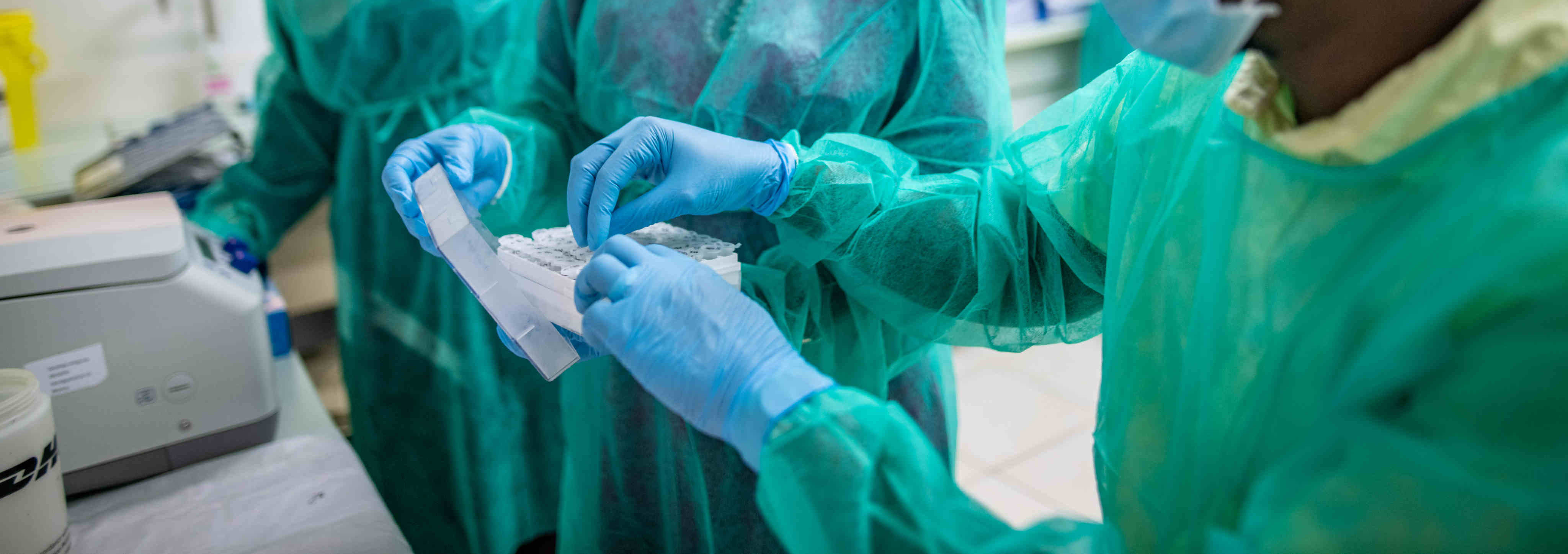
The Hole in Africa's Heart: Africa's unrecognised, un-administered and under-administered territories.
A critical aspect of the management of the COVID-19 pandemic in many African countries is whether there are districts or regions that are either entirely un-administered by the authorities or are under-administered, for a variety of reasons. Regions that fall entirely outside the ambit of governments’ abilities to respond to the virus largely embrace those that fall under the control of separatist groups or rebels. Regions that are under-serviced fall into three, sometimes interlinked, categories:
1. those which are difficult to reach because of their remoteness or arid/rugged terrain;
2. poor rural areas which under-resourced governments battle to serve, even under normal conditions; and
3. those from which state services including healthcare are deliberately withheld or restricted because their populations are viewed as hostile to the central state.
The lack of access to healthcare during the COVID-19 pandemic experienced by millions of Africans as a result of living in ungoverned, under-serviced, rebel-controlled, or poorly-supported alternatively-administered regions raises a unique set of problems for governments, donor agencies, and healthcare professionals combating the novel Coronavirus. Accountability International believes that the sheer scale and persistence of this problem has caused many decision-makers at country and international levels to turn a blind eye to it – with the unfortunate result being the avoidance of the duty of care in this troublesome third of the continent. However, under numerous human rights, humanitarian, and healthcare conventions to which Africa’s governments are signatory – and to which alternate administrations and some though far from all rebel groups claim adherence – the people living in these zones deserve equitable access to universal healthcare including adequate COVID-19 testing, treatment, and care.
Date and Time:
Thursday 1st April 2021
11AM (East African Time)
10AM (Central African Time)
9AM (West African Time)
To register please email rsvp@accountability.international
Articles
Test Article With Image
Test article 14 July 2025 with image TL
Read moreVirtual Workshop: Recognition And Control Of Mtb Infected Cells: From Basics To The Clinic | 13 – 14June 2023
The Stop
TB Partnership Working Group on New TB Vaccines (WGNV) and the National
Institute for Allergy and Infectious Diseases (NIAID)are
co-hosting a workshop on the topic of Recognition and Control of Mtb
Infected Cells: From Basics to the Clinic. This workshop is intended to address
the need for correlates and to identify platforms that measure recognition or
control of the infected cell - especially in humans - as identified in the EDCTP/AIGHD Global Roadmap for
Research and Development of New TB Vaccines and the Strategic Framework for
New TB Vaccines in the Stop TB Partnership Global Plan to End TB 2023 - 2030.
The overall goals of this workshop
are to:
- elucidate the mechanisms by
which the immune system recognizes the Mtb-infected cell
- explore the degree to which
such recognition can lead to control of the intracellular microbe, and
- discuss the translational
implications of these observations
The workshop format will be largely
discussion-based. Each session will have three short presentations that will
provide a high-level overview of key topics within the session theme, followed
by a discussion between the session chairs, speakers, and participants.
Click here
to view the programme and
speakers.
This workshop is free of charge and
open to any participants interested in this topic.
Ssi/Isid Infectious Diseases Research Fellowships | Deadline For Applications: 16 June 2023
The International Society for Infectious Diseases (ISID) and the Swiss
Society for Infectious Diseases (SSI) are inviting applications for their joint
Infectious Diseases Research Fellowship Program. The purpose of this programme
is to support infectious disease physicians and scientists from under-resourced
countries through multidisciplinary clinical and laboratory training at a
select biomedical institution in Zurich, Switzerland. The one-year SSI/ISID
Fellowship programme is open to applicants who are 40 years or younger,
citizens and permanent residents of under-resourced countries or Eastern
Europe. The deadline for applications is 16 June 2023.
More information: https://na.eventscloud.com/eSites/748378/Homepage